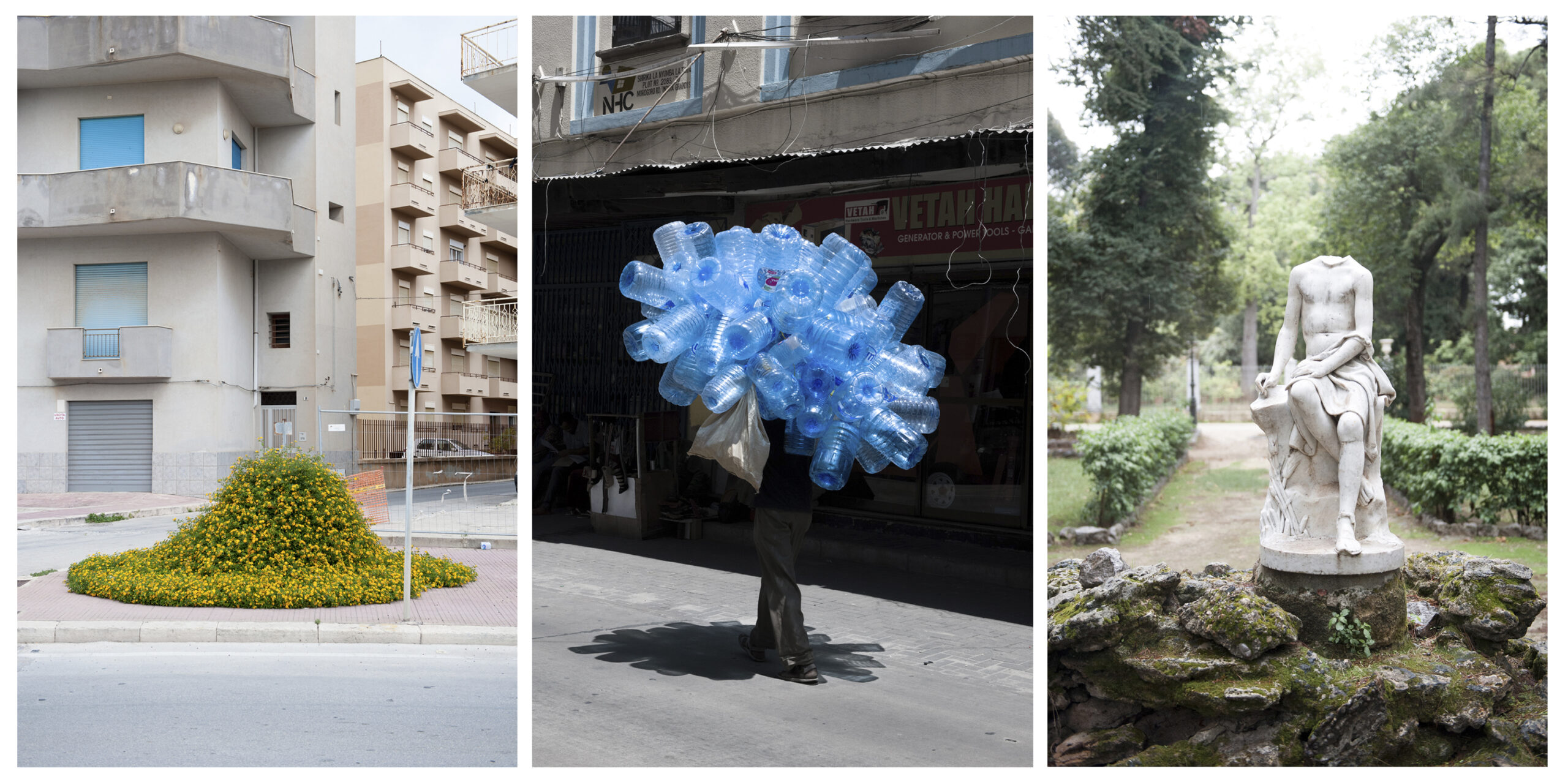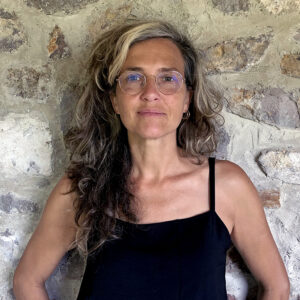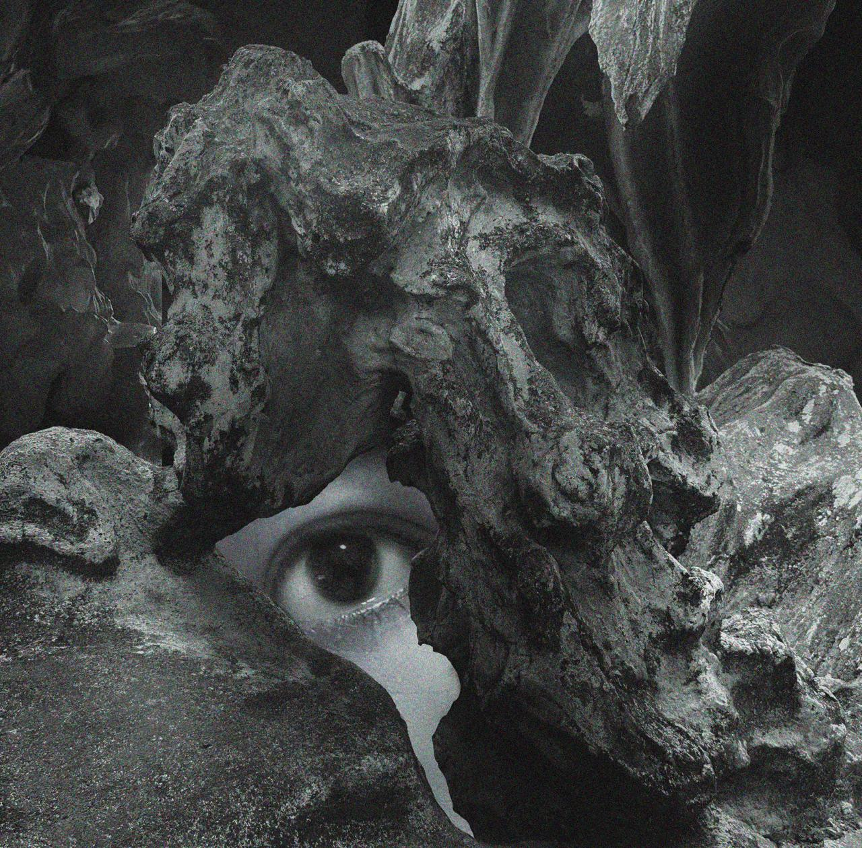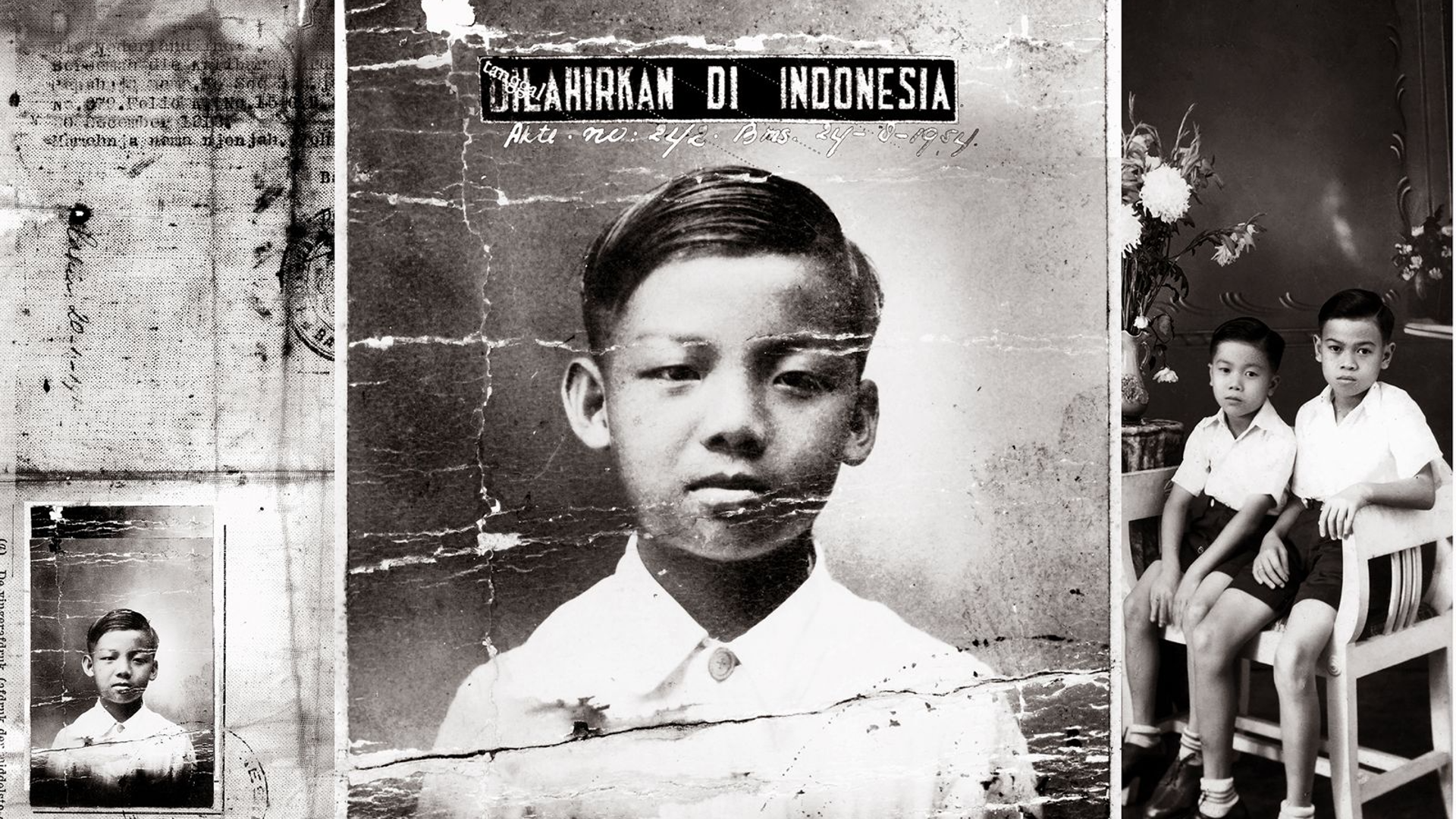Pasolini in his pseudo-documentary Appunti per un Orestiade Africane (1970) radicalises an aesthetic of the unfinished characterised by the desire to cross meta-discourse, political thought and aesthetic experimentation, generating a political essay on the invention of freedom and a reflection on the post-colonial condition of the newly independent African countries. Faced with the young African nations, described as economically and culturally hesitant between the inspiration of Maoist China and the temptations of Anglo-Saxon capitalism, the film is a sketchbook looking for “surviving forms”(in the sense of Aby Warburg’s iconology), while also giving an account of their efforts to erect their own democratic systems. But Pasolini incurs in a paternalistic, ethnocentric vision: Africa is mistaken for a homogeneous reality, as a unitary whole and not as a continent of multiple cultures; democracy is tacitly presented as the Western model that suits African states best and which they should simply accept. Errors that Pasolini himself will recognise by integrating into the film a sequence of the debate organised at the University of Rome between the filmmaker and a group of African students.
The use of an European text to discuss African History is questioned. In the form of a “shared anthropology”,and in a sincere debate, the students don’t fail to strongly criticise the preconceived ideas of the “white man” that are highlighted in the work sequences viewed. Aeschylus’ Orestiade, which describes a cycle of deaths, bloodthirsty and family vendettas, brought to an end by the arrival of the conciliatory justice of Pallas Athena, thus ideally creating the first democratic tribunal in history- is performed in Gibellina (Sicily)in the magical, dreamlike Cretto di Burri, a place that commemorates and materialises trauma and pain, the violence exercised against the land, the people.
Memory, violence, postmodernism, pseudo-democracy, war, knowledge making, imaginary, stereotypes. The danger of the single story. Is the Western democracy concept universal?









